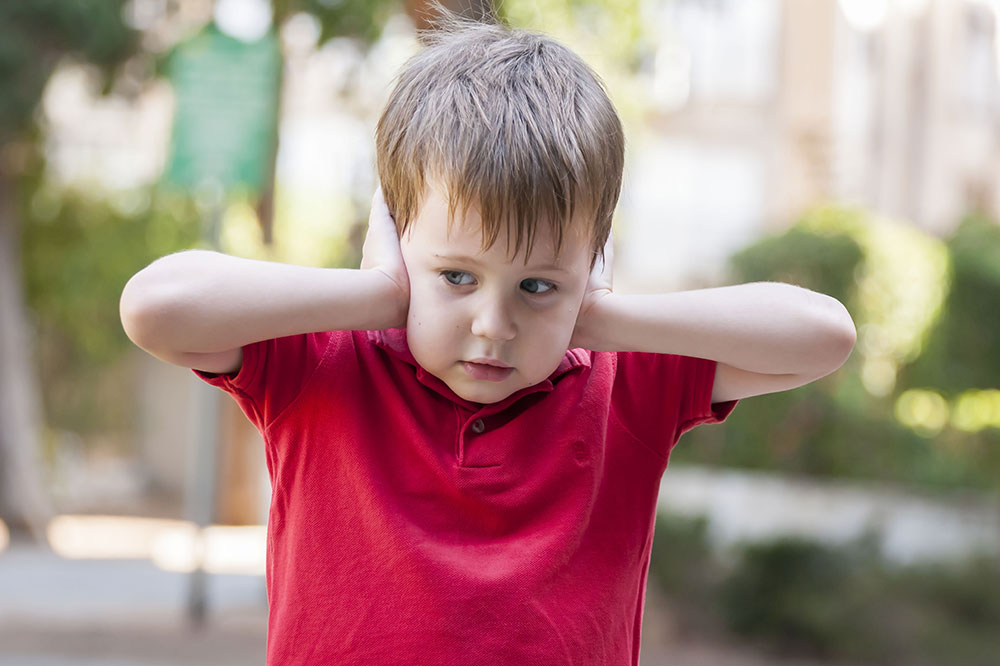6 early signs of autism in children

Autism is a common developmental and neurological disorder that affects 1 in 100 children. It develops early in life, usually in 2-year-old children. To recognize autism spectrum disorder and get an early diagnosis, parents should learn about the warning signs of the condition. One should also get their children screened for autism spectrum disorder. Early diagnosis ensures that those affected get the necessary intervention and treatment options to improve their quality of life.
Avoiding eye contact
Most infants and toddlers can maintain eye contact with people around them. At just two months, babies can find faces and make eye contact with the people talking to them. Eye contact is also crucial for building a social relationship and being aware of the surroundings. Children who are diagnosed with autism spectrum disorder may not maintain eye contact as much as other children do. If one notices their child increasingly avoiding eye contact, this could be an early sign of autism.
Delayed speech
Kids begin with mumbling and move on to words and sentences at varying ages. However, those with autism have been found to understand fewer words and instructions at 12 months than non-autistic children. If one has not developed the ability to form individual words or a few phrases comfortably by the age of 2, it can be an early sign of autism. However, delayed speech can be brought on by various conditions, so it is important to consult a pediatrician for a precise diagnosis.
Inability to express or understand emotions
Another type of non-verbal communication that is affected by the development of autism is expressing emotions. Despite limited research, it has been found that children with autism may have trouble conveying their emotions through facial expressions. This does not mean that such kids have fewer emotions, they may just be unable to convey those feelings.
Not responding to their name
At six months, most kids start responding to being called by their names, especially when their parents say their names. For children with autism, a pattern of nonresponsiveness is observed. These kids show slower development, and even at 9 months, they may not immediately respond when being called.
Minimal gesturing
Babies develop some physical abilities before they can form words and sentences. So, pointing and gesturing are considered one of the early forms of communication. However, children on the autism spectrum are seen to not engage extensively in this form of communication. The lack of pointing and gesturing can be a sign of delayed language development. Additionally, those on the autism spectrum might not follow when something is being pointed out to them. The ability to pay attention to someone or something with another person is known as joint attention.
Regression
Loss of skills one had developed earlier in life can also be an early sign of autism in children. Here, parents or caregivers may be able to observe the child losing basic skills they had picked up earlier. There is limited data to pinpoint the kind of regression one can expect. Language skills are the most commonly affected in children. Regression is generally observed in one-third of those with autism. So, if a child has stopped showing signs of development as a toddler in the skills or tasks they engaged in as an infant, one should consult a doctor.
If a child is diagnosed with autism, seeking treatment options early could help improve their lifestyle as they grow. Healthcare experts may indicate developmental approaches that promote speech and language. One may also benefit from occupational therapies like sensory integration therapy and physical therapy. Developmental approaches are usually combined with behavioral options for better results.

